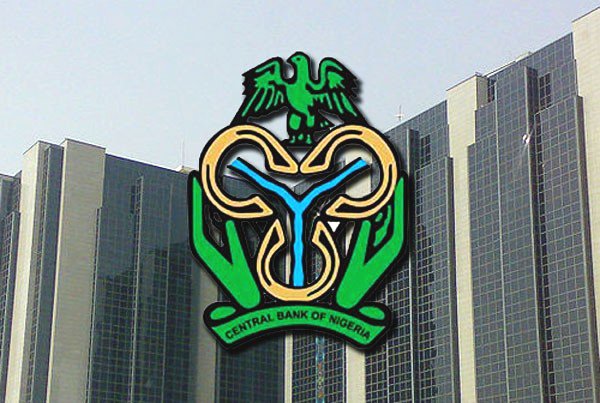Justice Akintayo Aluko of a Federal High Court in Lagos has struck out a suit challenging the Central Bank of Nigeria (CBN)’s cashless policy.
The judge struck out the suit for being incompetence, lack of proof and absence of jurisdiction.
The plaintiff, Victor Onyegbado, had argued that the policy was unconstitutional, null and void and of no effect to the extent that it subjected him to disabilities and/or restrictions.
Onyegbado had asked the court for a declaration that the cashless policy directive issued pursuant to CBN’s letter of September 17, 2019, with Reference Number PSN/DIR/CON/CW0O/02/014 subjected him, a member of the Lekki Phase 1 Community in Lekki, Lagos State, to disabilities and/or restrictions to which citizens of Nigeria of other communities are not subjected to.
The plaintiff also asked the court to make an order of perpetual injunction restraining the CBN from carrying into effect and/or continuing to enforce the Cashless Policy Directive, adding that its implementation violated Section 42 (1) (a) (b) of the Constitution.
In opposing the argument, the CBN through its lawyer, Prof. Fabian Ajogwu (SAN), prayed the court to dismiss the suit for lack of jurisdiction.
Ajogwu listed six grounds upon which he persuaded the court that there was no jurisdiction to entertain the plaintiff’s suit.
The silk argued the apex bank came up with the policy to reduce the amount of physical cash in circulation in the economy, to encourage more electronic-based transactions, fight corruption and insecurity in the land and strengthening the country’s economy.
In his judgement, Justice Aluko aligned himself with the submissions of CBN’s lawyer and struck out the suit.
CBN: We’ve disbursed N1.3trn to power sector in 5 years
The judge held: “The defendant (CBN) has maintained that the circular issued on the 17/9/2019 for the implementation of the cashless policy to all Deposit Money Banks was done or issued in good faith while the plaintiff contended that same was done in bad faith as the allegation of discrimination against the defendant embeds a charge of bad faith because the plaintiff sees the touted act of discrimination as not merely illegal but unjust to him.
“It is not in doubt that the defendant by the provision of Section 51 of the CBN Act is imbued with the power to make regulations for the good order and management of the apex bank.
“I hold the considered view that the defendant is entitled to the protections provided in Section 52 of the CBN Act and Section 53 BOFIA.
“Going by the above statutory provisions and having issued the circular dated September 17, 2019, in good faith, the defendant is not answerable to the grievance and claims of the plaintiff and the jurisdiction of this court to entertain the instant claims of the plaintiff is effectively curtailed and given a swipe.
“Against the background of the foregoing, this issue is resolved in favour of the defendant against the Plaintiff.
“Coming from the above, I hold the considered view that the case of the plaintiff lacks merit and substance. Same is fundamentally infected with the virus of frivolity and meddlesomeness.
“The plaintiff has failed to prove or substantiate the alleged violation of his fundamental rights or the much-touted infraction of Section 42 (1) (a) of the Constitution. Remedy over the alleged infraction of the fundamental rights of the plaintiff is not available to him as no such case has been successfully made out by him.
“This suit is accordingly struck out on grounds of incompetence, lack of proof and absence of jurisdiction.”
- Naira appreciates by 3.3%, trades at N1,354/$ - May 6, 2024
- Shettima aborts U.S. trip as aircraft develops technical fault - May 6, 2024
- Alex Otti should publish Abia Forensic Report now - May 1, 2024










